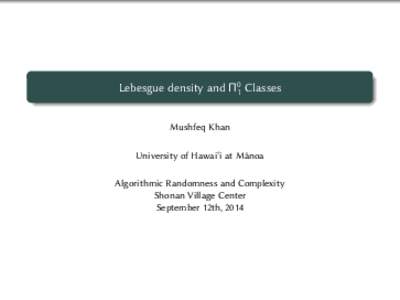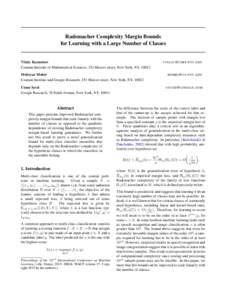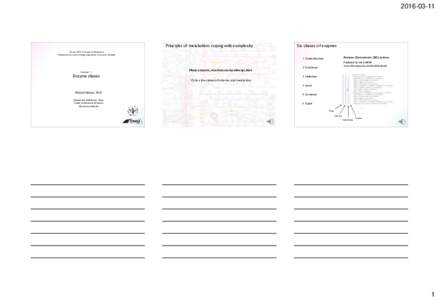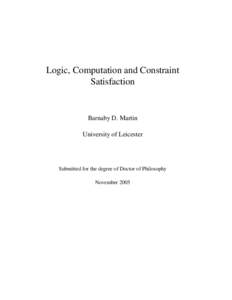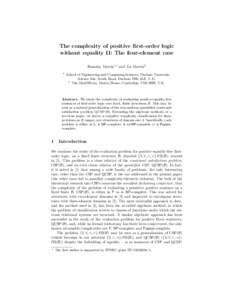<--- Back to Details
| First Page | Document Content | |
|---|---|---|
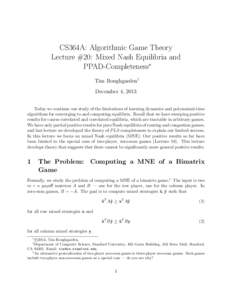 Date: 2014-01-06 16:13:01Computational complexity theory Theory of computation Complexity classes NP Clique problem Linear programming P Algorithm Time complexity Optimization problem Book:Graph Theory P versus NP problem |
Add to Reading List |
 CS364A: Algorithmic Game Theory Lecture #20: Mixed Nash Equilibria and PPAD-Completeness∗ Tim Roughgarden† December 4, 2013 Today we continue our study of the limitations of learning dynamics and polynomial-time
CS364A: Algorithmic Game Theory Lecture #20: Mixed Nash Equilibria and PPAD-Completeness∗ Tim Roughgarden† December 4, 2013 Today we continue our study of the limitations of learning dynamics and polynomial-time